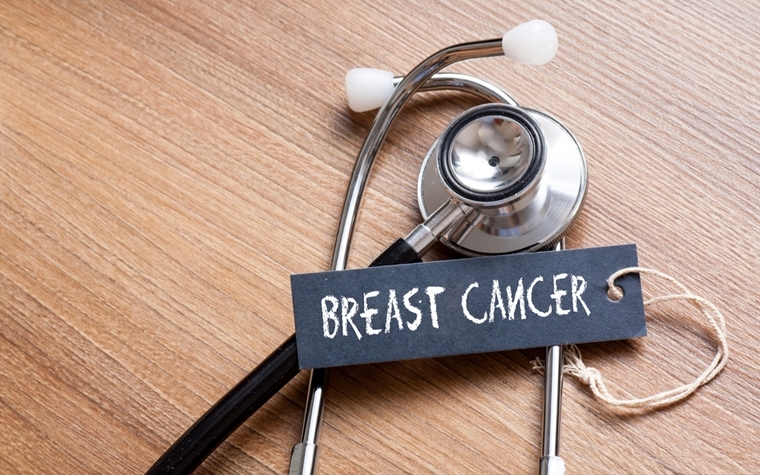
A study by Perlmutter Cancer Center at NYU Langone Health indicates using higher-doses of radiation over a shorter period of time to treat breast cancer is as safe and effective for patients under age 50 as it is on older patients, a NYU Langone Health release said.
The more conventional treatment approach irradiates patients daily for six or seven weeks, while a newer hypofractionated technique uses higher doses over three to four weeks, the release said. The newer technique is preferred by many because it reduces the burden on patients in terms of time and cost.
Earlier studies have shown that the shorter treatment option is as effective as the longer option, but those studies were done primarily on women over age 50. The new study aimed to determine the effects on younger women, the release said.
Researchers said some doctors showed concern about later side effects such as breast tissue changes or breast shrinkage. It was unclear whether these slow-developing side effects would be greater for younger women over a longer period of time, the release said.
“Our new study provides rigorous scientific evidence that hypofractionated radiation therapy is safe and effective in women under 50,” Naamit Gerber, assistant professor of radiation oncology at NYU School of Medicine and lead author of the study, said in the release. “Based on this new evidence, it is important that the guidelines for hypofractionated radiation after lumpectomy change to include younger women.”
The results of the study were presented at an annual meeting of the American Society for Radiation Oncology, the release said.